Much of the music of the 1970s megastar, Cat Stevens, is an acquired taste. Even as a fan of his, I’ll admit that. However, like any good artist, his songs open windows of grace and insight for the listeners if you give them a chance.
 A friend introduced me to Cat Stevens’s songs in the early ’80s, and I got hooked on his curiously philosophical approach to things (for pop music, that is). He has a profound insight into some basic realities of life and sang about subjects that few musicians of the age (or any age) could even imagine putting into words, let alone song.
A friend introduced me to Cat Stevens’s songs in the early ’80s, and I got hooked on his curiously philosophical approach to things (for pop music, that is). He has a profound insight into some basic realities of life and sang about subjects that few musicians of the age (or any age) could even imagine putting into words, let alone song.
The song he wrote and sang in Latin is called O Caritas, and it’s a good example of his philosophical bent. I can only describe O Caritas as hauntingly beautiful and wise in its own way. It expresses his view of the human condition in striking tones and themes. More on that below.
If you’re not a fan or are having a hard time recalling Cat Stevens’s music, perhaps a few titles of some of his most memorable hits will strike a chord (pun intended) or jar a tune or two out of the reservoir of familiar songs we all hold deep within our memories:
“Morning Has Broken” | “Can’t Keep It In” | “Wild World” | “Peace Train” | “Moonshadow” |“Father and Son” | “The First Cut is the Deepest” | “Hard-Headed Woman” | and “Lady D’Arbanville”, among many others.
A Clever “Cat”
His parents didn’t name him Cat! His given name is Steven Demetre Georgiou, and he chose the stage name “Cat” for himself because his girlfriend at the time (whose surname was D’Arbanville, by the way) said he had eyes like a cat.
Plus, in the 1960s, “Cat” was also a slang term for someone who was “cool.” Or so I’ve heard. I’m much too young to remember that, of course.
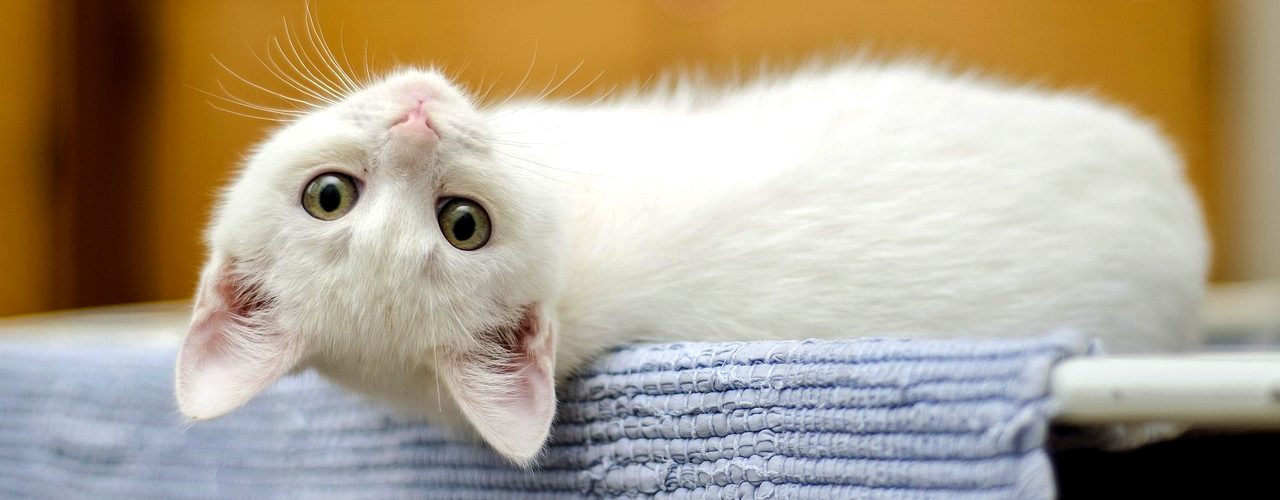
He was gaining great popularity in England at the time and thought—correctly—that people might lose enthusiasm for his music if they had to go down to the record store looking for an album “by that Steven Demetre Georgiou guy”. He also, again correctly, sensed that “Cat” was an attractive stage name because Brits and Americans both loved animals.
Pretty smart promotional move, if you ask me. Cat Stevens is easy to say and to remember—the very soul of good marketing. Even if you haven’t heard his music, you’ve undoubtedly heard his name.
A Religious Soul
Cat Stevens was/is an eclectic, almost hybrid, personality in every sense of the word. He combined within himself an incredibly diverse range of influences, and that’s probably why his music is so unusual and at times even exhilarating.
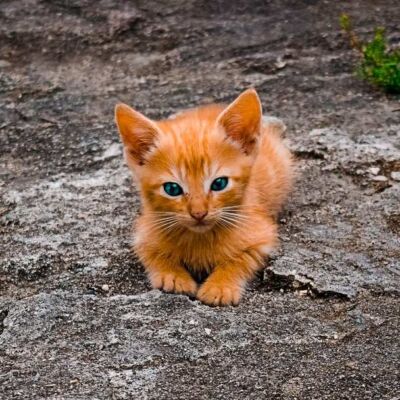 It started at the beginning. His father was a Cypriot, so he was technically (perhaps nominally?) raised in the Greek Orthodox faith even though he was born and raised in London. His mother was a Swedish Baptist, and he received exposure to her faith too when she took him to Sweden to live for a year after his parents divorced (he was 8 years old).
It started at the beginning. His father was a Cypriot, so he was technically (perhaps nominally?) raised in the Greek Orthodox faith even though he was born and raised in London. His mother was a Swedish Baptist, and he received exposure to her faith too when she took him to Sweden to live for a year after his parents divorced (he was 8 years old).
Yet, they also gave him the best education possible in his early years by sending him to, you guessed it, another strong influence on his young life—a Catholic primary school in London, where he developed his passion for music and art. It must have been there that he had his first exposure to the majesty and expressiveness of the Latin language.
It’s unfortunate that his Catholic education was short-circuited after only a couple of years because, with his talent, he might have become one of the preeminent Christian artists of the age. As it turned out, his religious soul got derailed into the study of esoteric religions when he was recovering from a serious illness at the age of 19.
He Left It All
Then, in 1977 at age 30, many years after becoming an international rock star, he got derailed again by converting to Islam. I often wonder what his parents thought  of that.
of that.
Even more astonishingly, at the height of his fame, he gave up music completely! It shocked the whole music world at the time, understandably.
When he returned to music in the late-1980s, he claimed that he had misinterpreted the teachings of Islam. Initially, he assumed that he had to give up music totally in order to be a true believer. He now considers that notion to have been a heretical teaching.
Catholicism, with its rich tradition of sacred music, would never have countenanced such an idea. Music, that is, quality, inspiring music, is an influence on the development of our souls, not a dead end or obstacle to belief.
It’s a rarely acknowledged fact that music owes all its most significant developments since the Middle Ages to Catholic culture: Gregorian chant; the development of the pipe organ (though not its origin); musical notation; polyphony, and more.
Catholic Classical Composers and Musicians
English & French
William Byrd | (Fr.) Frederick Faber | Thomas Tallis | Charles Gounod | Gabriel Fauré | César Franck | Francois Poulenc
Austrian & German
Wolfgang Amadeus Mozart | Joseph Haydn | Franz Schubert | Anton Bruckner | St. Hildegard of Bingen | Johann Christian Bach (son of J. S. Bach) | Ludwig van Beethoven
Italian & Other
(Fr.) Antonio Vivaldi | Giuseppe Verdi | Giovanni Pierluigi da Palestrina | Claudio Monteverdi | Giovanni Battista Pergolesi | Antonio Salieri | Domenico Scarlatti
Franz Liszt (Hungarian) | Antonín Dvořák (Czech) | Henryk Górecki (Polish) | Igor Stravinsky (Russian Orthodox)
Return to Music
In 1993, Cat Stevens (now Yusuf Islam) issued his first pop album in 17 years, but, of course, you can never go back to former glory. Although his voice remained strong and resonant in the intervening years, pop music itself has changed dramatically, and he’s a former pop star now. Still, he is one of the greats of our era and because of his legacy, he draws great crowds whenever he goes public.
He now goes by the hybrid stage name of “Yusuf / Cat Stevens”, indicating that his basic inner character hasn’t changed much. At age 77, he lives in Dubai and still produces and performs music (he’s coming to Philadelphia in October!). He also spends much of his time doing charity work for numerous humanitarian causes.
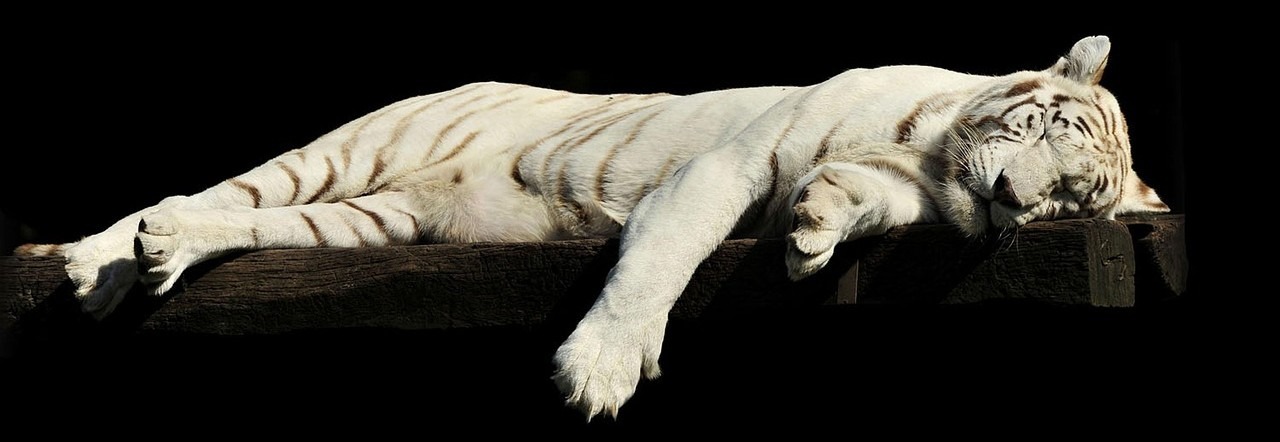
His Latin Song
I don’t know what motivated him to write O Caritas or issue it when he did (1972), but it’s a captivating song, not just because it’s in Latin but because it’s powerfully moving and perceptive. I remember being absolutely gripped with fascination the first time I heard it.
It’s also a bit dark, in the sense that the song speaks of the degradation of the human condition and the incredible destruction that human selfishness brings upon the world. Did he write it in Latin because he thought that was the best language in which to express those sentiments?
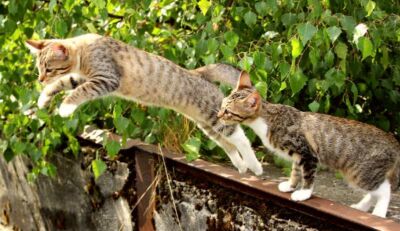 At the same time, it’s a hopeful song because it doesn’t leave the listener without a solution to the perverse evils of the human heart. His answer to the wickedness of this world is actually perfectly Christian. It’s our answer too: Caritas—Charity. Love. The culminating value of the Christian life.
At the same time, it’s a hopeful song because it doesn’t leave the listener without a solution to the perverse evils of the human heart. His answer to the wickedness of this world is actually perfectly Christian. It’s our answer too: Caritas—Charity. Love. The culminating value of the Christian life.
Catholics believe, with St. Paul that Charity is the greatest of all God’s gifts: “So faith, hope, love remain, these three; but the greatest of these is love.” (I Cor 13:13). We call these the “Theological Virtues” because they are divine in origin and form the basis of our spiritual lives.
Notice that Stevens sings this modern hymn to Charity, O Caritas!, addressing Charity as if it were a living thing, which it is, rooted in the heart of God and available to anyone who calls out for His help.
A Few Things to Look For
He sings two verses in Latin and one in English. The album in which it appeared provided a translation of the Latin, which I’ve included with the lyrics below. Here are a few things to pay attention to when listening to this marvelous song:
- The song has a distinct Flamenco feel to it: a strongly rhythmical beat of the guitar, complete with handclapping (at the beginning and end of the Latin).
- An idyllic Greek sound also resonates through the spirited mandolin throughout, which of course emerges from Cat Stevens’s own cultural background.
- It exalts Courage in the face of death. The culminating point of the Latin verse reprises a line from the Roman gladiators who would greet the crowds with the phrase: “We who will perish salute death.” (You’ll hear this echoed in, Nos perituri mortem salutamus, at the end.)
- An eternal perspective: The final lines, “Life alone goes on” (conclusion of Latin part) and ”Give me time forever” (conclusion of English part) imbue the song with eternity, as if the singer we were looking past all the temporal destruction of the world into a timeless place of life and light where Caritas reigns supreme.
After the video below, I’ve added two other inspiring Cat Stevens songs, if you have a few minutes to listen.
Those two songs alone could pick you up and propel you right out of any depression you might be feeling—which I think is what the ol’ Cat intended!
Lyrics of “O Caritas”
1/ Hunc ornatum mundi
Nolo perdere
Video flagrare
Video flagrare
Video flagrare
Omnia res
Audio clamare
Audio clamare
Audio clamare
Homines.
2/ Nunc extinguitur
Mund(i) et astrorum lumen
Nunc concipitur
Mali hominis crimen
Tristetat(e) et lacrimis
Gravis est dolor
De terraeque maribus
Magnus est clamor
Refrain:
O caritas, O caritas
Nobis semper sit amor
Nos perituri mortem salutamus (Ah)
Sola resurgit vita.
3/ Ah, this world is burning fast
Oh, this world will never last
I don’t want to lose it
I don’t want to lose it
I don’t want to lose it here in my time
Give me time forever
Give me time forever
Give me time forever here in my time.
[Translation of the Latin:]
I don’t want to lose the harmony of the universe / I see all things… burning, I hear men… shouting. / Now is the light of the world and the stars going out / Now does the blame for the disaster fall upon men. / Grief is heavy with sadness and tears / Great is the noise from the earth and the seas / O love, O love be with us always. / We who will perish salute death. Life alone goes on.
O Caritas by Cat Stevens (from “Catch Bull at Four” album)
Peace Train
Can’t Keep It In
———-
[Note: This article is a reproduction of the Sacred Windows Email Newsletter of 7/27/25. Please visit our Newsletter Archives.]
—–
Photo Credits: Young Cat Stevens/Teaser and the Firecat Album Photo (A&M Records, Public domain, via Wikimedia Commons); Older Cat Stevens at Glastonbury Festival (Raph_PH); Images of cats via Pixabay.
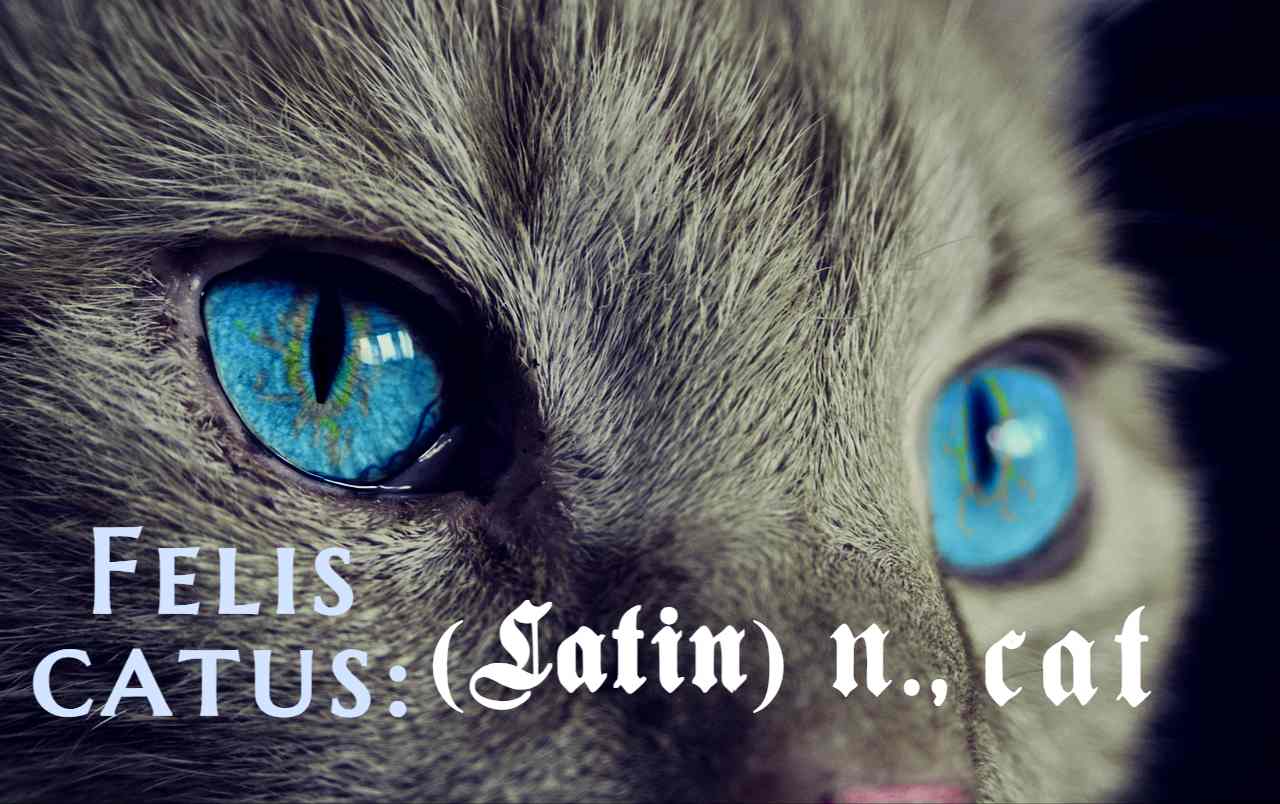
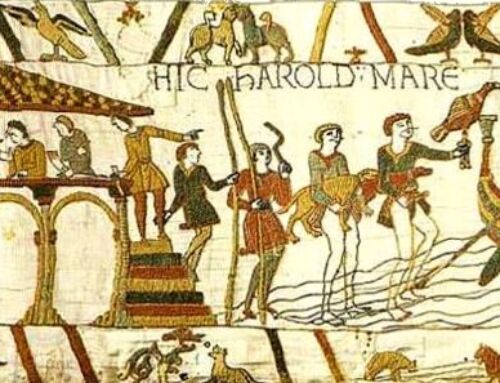


Leave A Comment